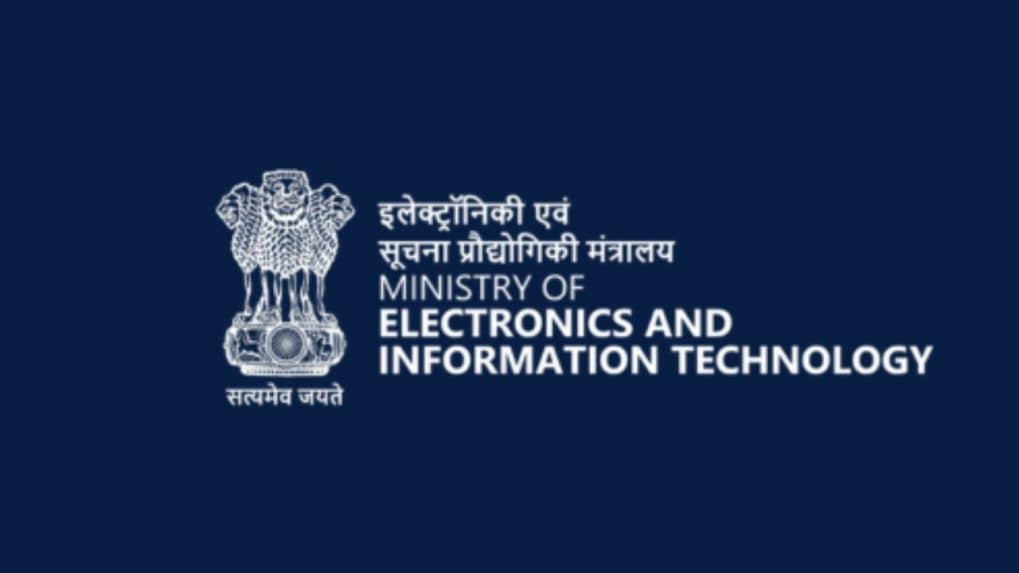Digital
Why OpenAI is hiring 100 ex-bankers: Inside the ChatGPT-maker's secret project to automate Wall Street's grunt work

The Indian Ministry of Electronics and Information Technology (MeitY) directed Google to remove more than 3,000 apps from its Play Store in a series of takedown orders issued between April 29 and May 15, 2025. The directives, which were briefly made public on the Lumen Database, have since been removed.
The takedown orders covered a broad range of applications, including VPN services, Islamic religious apps, streaming platforms, language tools, and AI-powered generators. The directives also targeted utility apps like calculators and wallpapers. A significant portion of the apps were found to be from developers in Pakistan, with others originating from various regions globally.
These directives were reportedly issued under Section 69A of the Information Technology Act, which allows the government to block public access to online content for reasons of sovereignty, security, or public order.
MeitY has not publicly commented on the rationale behind the takedowns. The takedown notices, once visible on the Lumen Database, were later withdrawn. The reason for their removal remains unclear, as it is unknown whether the withdrawal was requested by the government or by Google.
This incident follows a previous report by Moneycontrol detailing a separate takedown order for 119 apps. Most of those apps were video and voice chat platforms linked to developers in China and Hong Kong. A smaller number of apps in that order were traced to Singapore, the US, the UK, and Australia.
In a wide-ranging interview with Storyboard18, Sorrell delivers his frankest assessment yet of how the deal will redefine creativity, media, and talent across markets.